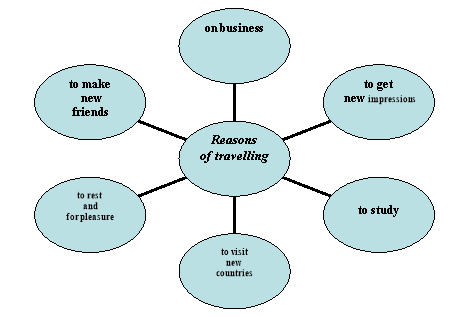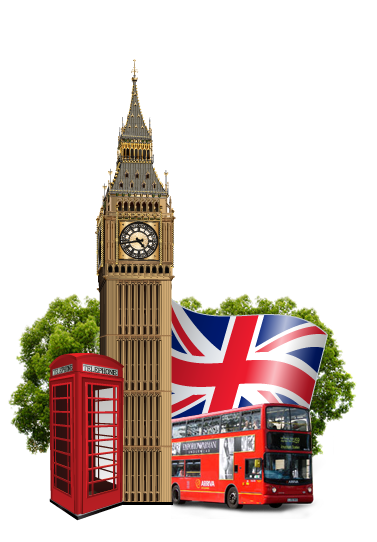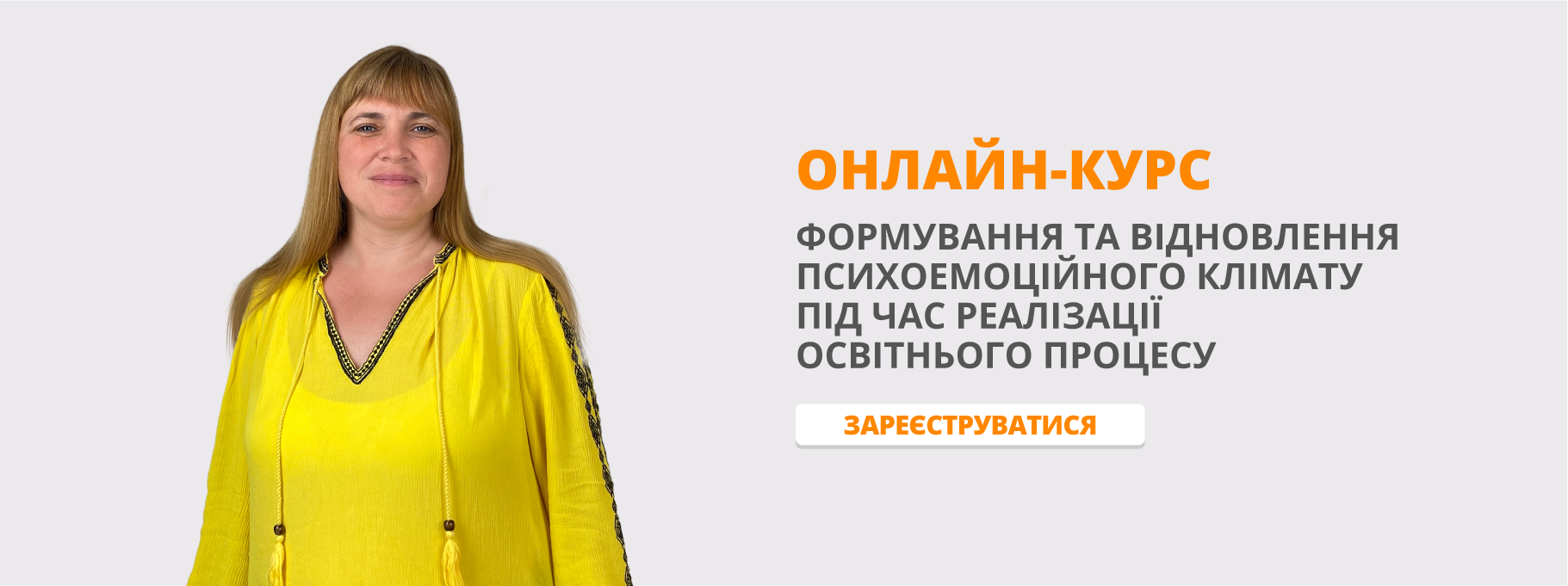Подорож. Переваги і недоліки різних видів подорожей. Розвиток лексичних і мовленнєвих навичок.
Урок з англійської мови у 6 класі
на тему «Подорож до Лондону»
Тема уроку . Подорож. Переваги і недоліки різних видів
подорожей. Розвиток лексичних і мовленнєвих
навичок.
Мета уроку. Навчати учнів використовувати вивчену лексику в різних
ситуаціях; навчити учнів виявляти переваги і недоліки подорожей
різними видами транспорту; вчити висловлювати свою думку.
Розвивати навички читання, усного мовлення, сприяти
виробленню комунікативної компетенції.
Виховувати культуру інтелектуальної праці.
Обладнання. Наочність, малюнки, роздатковий матеріал.
Тип уроку. Комбінований.
Урок з англійської мови у 6 класі
на тему «Подорож до Лондону»
Тема уроку . Подорож. Переваги і недоліки різних видів
подорожей. Розвиток лексичних і мовленнєвих
навичок.
Мета уроку. Навчати учнів використовувати вивчену лексику в різних
ситуаціях; навчити учнів виявляти переваги і недоліки подорожей
різними видами транспорту; вчити висловлювати свою думку.
Розвивати навички читання, усного мовлення, сприяти
виробленню комунікативної компетенції.
Виховувати культуру інтелектуальної праці.
Обладнання. Наочність, малюнки, роздатковий матеріал.
Тип уроку. Комбінований.
Хід уроку
І. Початок уроку. Уведення до мовленнєвого середовища.
1. Greeting.
Привітання. Оргмомент. Вступне слово вчителя.
T. Good morning, children! I am glad to see you!
Ps. We are glad to see you too!
T. This lesson is unusual for you and for me. You can see many guests. They are
teachers. I hope that our co-operation will be successful. I want to ask you to be attentive and active. Don’t be afraid, don’t be silent. Speak and express your opinion. OK, look at each other, please. Smile! Look at me. Smile! So, let’s start our communication.
2. Introducting of the topic. Aim.
Повідомлення теми і мети уроку.
The topic of our today’s lesson is “Travelling to London”. Today we’ll do different tasks. As we have already learned many words and about different ways of travelling you can show and use your knowledge.
To begin our lesson I would like to practice some sounds with you.
3. Warm-up.
1) Фонетична зарядка.
Let’s read this short rhyme and practice some sounds: [w], [t].
We go by car
And we go by train.
We go by boat
And we go by plane.
We go by land,
And sea and air.
We go, go, go
From here to there
2) Мовленнєва зарядка.
Мозковий штурм. Brain storming.
Modern life is impossible without travelling. Say me, please:
Why do people travel? What makes them travel?
Tell your suggestions and make notes on the blackboard.
People travel because they want to visit new countries.
They often travel on business.
We travel to get new impressions.
They travel to meet new friends.
My cousin travels to study at a university.
Some people travel to earn much money.
We travel to visit our relatives.
Synonyms of the word TRAVELLING (trip, journey)
3) Conversation: T – P1 – P2 – P3…
Мовна розминка у вигляді навчальної розмови.
Do you like to travel?
Which types of travel have you tried?
How do you get to school?
When do you prefer to travel?
II. Основна частина уроку.
T. So, the topic of today’s lesson is “Travelling”
We’ll work in groups today. We have three groups:
We shall travel from Vosnecenka to London. For every correct answer you’ll get a ticket. At the end of the lesson we shall count them. The group which gets more tickets will be the winner and gets the real ticket to London.
- Епіграф уроку. Motto.
Look at the blackboard. There is a sentence here. But all the words in it are written together. Try to divide these words and read the sentence.
Everyjourneygivesyouitsownfavor
Well-done. So, this is the motto of our lesson: “Every journey gives you its own favor”.
At this lesson we’ll speak about advantages and disadvantages of different kinds of traveling.
- Активізація знань лексики.
- Let’s work. Match the pictures and the means of transport. (Слайд 8,9)
- Grammar Revision
Teacher: Now, children, let’s review the degrees of comparison of the adjectives.
- What degrees do you know? (Positive, Comparative and Superlative)
- How do we make the comparative degree? (-er/more +основа прикм.)
- What about the superlative degree? (the -est/ the most +основа прикм.)
And now let’s do the first task. You see the table with the adj. Your task is to make comparative and the superlative degree of the adj. and translate them.
Slow – slower – the slowest
Cheap – cheaper – the cheapest
Expensive - MORE expensive - THE MOST expensive ;
WONDERFUL – MORE WONDERFUL – THE MOST WONDERFUL;
The second task is to make 3 teams. One team will be called Positive, the 2nd – Comparative, and the 3d – The Superlative. You have the list of words and your task is to find your adj., according to the rule of making degrees of comparison. That group who will do the task first and without any mistake will be a winner.
Short, more famous, beautiful, wider, the longest, the most interesting, faster, tall, the nicest
T.-How can people travel from place to place?
|
People
|
can travel
|
by on |
………… …………. |
|
Travelling
|
by…………….. on……………..
|
is
|
expensive the fastest slow cheap the most comfortable the most pleasant the best way to learn more interesting things |
T.- People can travel by plane. Travelling by plane is very expensive. Make up your sentences
T. Great. You're very smart. You've guessed everything.
4. OK. I think you tired after the travelling to the city. Let’s have a rest. Song Clap your hands!
Relaxing. Хвилина відпочинку.
Let’s continue.
- Перевірка домашнього завдання
Now, Let’s check your hometask.
Your hometask was to prepare reports. 1st group – about Underground, 2nd – Black Taxi, 3rd - Red Double – Decker Bus.
- Складання діалогів
Complete and act out the following dialogue:
A. Hi, _____! How are you? Where were you in the summer?
B. Hi! _____ . I was in London.
A. How did you get there?
B. By _____ .
A. And how did you move around London?
B. By _____ .
A. I know buses and taxis have got special colours in London? Is it true?
B. Yes, buses are _____ and taxis are ______ .
A. Is London tube the oldest in the world? Is it the fastest one?
B. Yes, _____ , but _____ .
A. Which transport means do you prefer?
B. I prefer _____ , _____.
1. Reading. Читання тексту.
Робота з підручником.
Впр. 1. с.86. (Потім перечитуючи текст відмічають в таблиці перевага й недоліки різних видів транспорту).
Group work. Групова робота.
- Speaking. Бесіда про переваги і недоліки різних видів подорожей.
I’d like to speak about advantages and disadvantages of different ways of travelling. Look through the text find the information about advantages and disadvantages of different ways of travelling and write down them in the table.
|
Advantages (переваги) |
Disadvantages (недоліки) |
|
Travelling by train |
|
|
It is easy to get to the railway station |
You need tickets |
|
You can travel comfortably in a sleeping-car |
The speed is not fast |
|
you can travel in rainy or foggy days |
You can’t stop wherever you want |
|
|
it is noisy. |
|
Advantages (переваги) |
Disadvantages (недоліки) |
|
Travelling by taxi |
|
|
rather fast |
|
|
comfortable seats |
expensive |
|
You can stop wherever you want |
|
|
Advantages (переваги) |
Disadvantages (недоліки) |
|
|
|
|
Travelling by Double-Decker Bus |
|
|
Cheap |
you need tickets |
|
Comfortable |
slow |
|
nice view of the city from the upper deck |
You can’t stop wherever you want |
2. Watching video film. Answering the questions.
T.-During our flight I advise you to watch a film about London transport. See carefully, after ending we’ll discuss about means of transport in London.
(Перегляд відеофільму).
T.-And now answer my questions:
A teacher:
– How do the people usually travel from place to place? Name, please.
Student 1: – By bus, by taxi, by horse, by bike, by train, by plane, by ship.
– What transport is the most safe, comfortable and not expensive in London?
Student 2: – A double-decker bus.
– Is London really a great city?
Student 3: – Yes, it is.
– Do you pay your attention what colour is English taxi?
Student 4: – Black taxi.
– What colour are English buses?
Student 5: – Red buses.
– Is travelling by double-decker bus fantastic?
Student 6: – Yes, of course. I think that travelling by double-decker bus is fantastic.
– Are Londoners like travelling by bike?
Student 7: – Yes, they are. I believe Londoners are like travelling by bike.
3. Match the proverbs with their translation.
1.There is no place like home.
2. Dry bread at home is better, than roast meat
3. East or West home is best.
4.Home is where the heart is.
5.Every country has, its customs.
6.He that travels far knows much.
a) Хто багато подорожує, той багато і знає.
b) Немає місця, подібного дому.
c) Дім там, де твоє серце.
d) Кожна країна має свої звичаї.
e) Схід чи Захід, вдома найкраще.
f) Сухий хліб вдома краще, ніж смажене м'ясо за кордоном.
III. Заключна частина уроку.
- Використання інтерактивної вправи «Сенкан».
T. Now we’ll sum up our lesson and do it in a form which is called “cinquain”. Let’s remember the rules of such a form.
Structure of “cinquain”
1 line: Theme (the main word)
2 line: two adjectives
3 line: three verbs (actions of the main word)
4 line: a sentence (quotation on the topic)
5 line: synonym / antonym of the main word.
T. Our main word is “Travelling”. You should try to use different notions connected with it in order to this structure.
Travelling
Interesting, exiting
To go, to visit, to learn
Travelling is very popular in modern life.
Journey.
Ситуація рефлексії, самооцінки та підведення підсумків.
III.Summing-up.
T.- Take the cards “I CAN” and think about your progress (what you have learnt to do) during our lesson.
|
I CAN… |
without problem |
|
- choose the transport |
|
|
- pack the luggage |
|
|
- speak about London |
|
|
- use English words |
|
|
- ask the questions |
|
|
- buy the tickets |
|
|
- answer the questions |
|
- Підведення підсумків уроку. Thank you for your hard work at the lesson. I should say you worked well and were very active. Tell me please. Who was the most active today?
3. Домашнє завдання. Homework. Your hometask is Ex. 1,p.115(look at the picture and write sentences as in the example) (Для учнів, які мають труднощі у навчанні)
Ex. 3,p.116 (write about your trip to London. Use the answers from Ex. 2,p.115 )
Вознесенська ЗШ I-III ступенів
Мелітопольської РДА
Урок з англійської мови
у 6 класі на тему:
 «Подорож до Лондону»
«Подорож до Лондону»
(“Travelling to London»)
Підготувала :
вчитель англійської мови
Татаринова О.О.


про публікацію авторської розробки
Додати розробку
